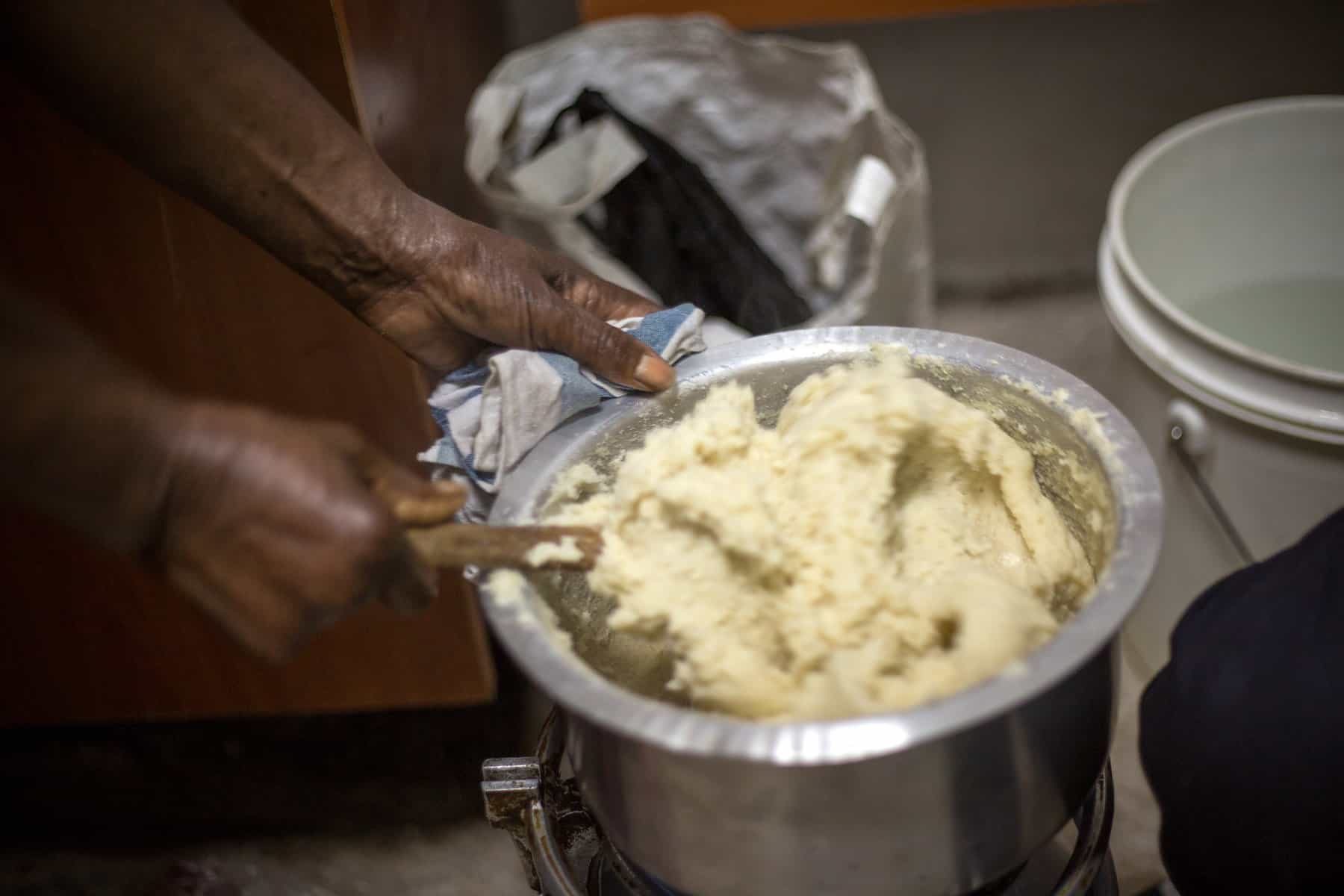FNB cautions farmers and consumers to brace for significant changes in the coming season, this is while the current prices are relatively high.
South African maize prices remain uncertain due to a complex mix of local production challenges, exchange rate fluctuations and increased international competition continues to impact the agricultural sector.
FNB cautions farmers and consumers to brace for significant changes in the coming season, this is while the current prices are relatively high.
ALSO READ: Food basket price increases, core foods remain expensive
Reason for the high maize prices
FNB’s Senior Agricultural Economist, Paul Makube says the current prices for maize are high due to weather-related disruptions, such as the recent summer drought that significantly affected white maize production.
“These droughts have led to a nearly 20% reduction in harvested maize compared to the previous year, which is driving up prices.”
White maize, which is consumed by most of South Africans is at the centre of the price increase. Due to this, food prices have also gotten higher, putting pressure on households.
“With many South Africans relying on white maize as an affordable food source, the price hikes are becoming a burden on consumers. This is a critical issue for food security in the country.”
Hope for maize prices
He adds there is hope for an improvement in production conditions in the next season, which might help stabilise prices.
While lower prices for consumers are good news, this will bring another new challenge for farmers. A decline in prices due to an anticipated increase in production might mean challenge in maintaining profitability for farmers.
ALSO READ: Maize meal prices set to increase. Here’s why
Global maize prices
Another contributing factor to high maize prices in the country is the global maize prices that are relatively depressed due to an oversupply in key markets like the United States and South America.
“This, combined with South Africa’s stronger rand and better weather prospects, reinforces the likelihood that local prices could drop significantly in the next year.”
“Maize futures also confirm this anticipated decline, with futures prices for July 2025 trading below R4 000 per tonne, intensifying concerns about the financial viability of maize farming in the near future.”
Fertilisers and fuel impact
Makube says there might be a reversal of moderated input costs for fertilisers and fuel due to geopolitical tensions in the Middle East.
“South African farmers import around 80% of their fertiliser requirements, and despite international prices falling by as much as 30% compared to last year, these savings have not yet fully filtered through to the local market.”
This pricing lag is creating significant pressure on farmers, who are finding it difficult to plan for the future.
ALSO READ: Government approves Brazilian maize imports, SACOTA says it’s cheaper than buying SA crop
Yellow maize prices
“Adding to the complexity, near-term yellow maize prices remain high, with local prices ranging between R4 000 and R4 400 per ton.”
He adds that millers and processors in coastal areas where yellow maize is not produced in abundance are increasingly looking to import yellow maize from countries like Brazil and Argentina, where prices are lower.
“For some coastal processors, it’s cheaper to import yellow maize from overseas than to buy from local inland producers. Which is clearly challenging for South African farmers, who may be forced to export their crops to remain competitive.”
2025 prices
Makube adds that all the above factors into consideration, as the 2025 season approaches, the South African maize sector faces a delicate balancing act between protecting local farmers and providing affordable food for consumers.
“While the outlook for production is positive, the volatility in input costs and increasing international competition mean that farmers and consumers are facing a somewhat uncertain road ahead.”
NOW READ: Food prices remain too high, here’s what could go up further
